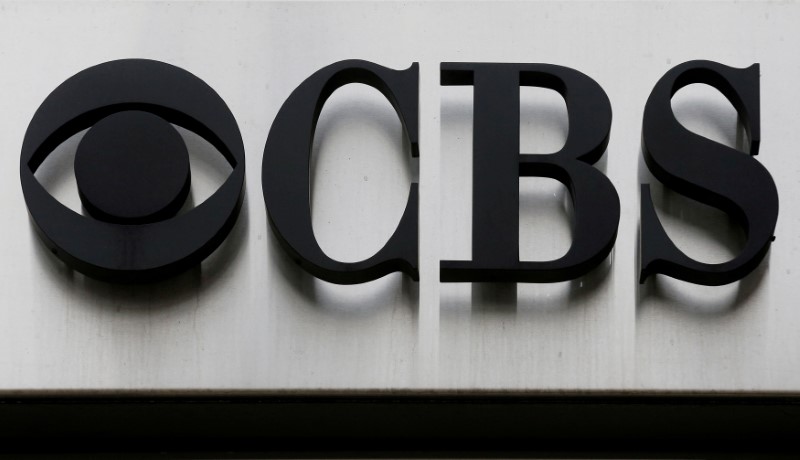By Jan Wolfe
(Reuters) - Congressional Democrats have taken legal action to obtain the full Russia report by Special Counsel Robert Mueller, without redactions, as well as other evidence he uncovered in his 22-month investigation but there are obstacles in their way.
U.S. Attorney General William Barr must decide by May 1 whether to comply with a subpoena from Democrats and hand over the whole Mueller report into Russia's role in the 2016 election, most of which was released last week.
In his report, Mueller did not establish that the Trump campaign engaged in a criminal conspiracy with Russians to influence the election. The report also provided extensive details on Trump’s efforts to thwart Mueller’s investigation but the special counsel stopped short of charging the president with the crime of obstruction of justice.
Below is an explanation of the legal hurdles Democrats must clear in their subpoena effort, important judicial precedents and Barr’s rationale for keeping parts of the report confidential.
WHY DID BARR NOT RELEASE THE WHOLE REPORT?
Barr, who under federal regulations oversaw Mueller's work, blacked out sections to hide certain details.
One category of redactions was information obtained through grand jury proceedings.
Grand juries are groups of citizens who decide whether to authorize criminal indictments or demands for evidence sought by prosecutors. Grand jury proceedings are highly secretive to avoid revealing the subjects of the investigation, and also to protect the privacy of anyone examined but not charged with a crime.
Federal laws generally require government lawyers like Barr to keep secret information obtained from grand jury proceedings, with few exceptions.
The other redactions fell into three categories: details that could expose and jeopardize U.S. intelligence gathering methods and sources; information about active law enforcement matters; and potentially damaging information about peripheral players who were not charged.
WHAT HAPPENS IF BARR IGNORES THE SUBPOENA?
A subpoena is a legally enforceable demand for information, meaning Congress has the power to force compliance.
Legal experts said that, if Barr refuses, the first step for the U.S. House of Representatives to force compliance would be a vote to hold him "in contempt."
Legal experts said that Democrats would then likely file a civil lawsuit and ask a judge to order Barr to comply.
A similar subpoena fight unfolded during the presidency of Trump’s Democratic predecessor Barack Obama. In 2012, the House, then controlled by Republicans, subpoenaed internal Justice Department documents related to a failed federal law enforcement operation to track illegal gun sales, dubbed “Fast and Furious.”
Obama’s attorney general, Eric Holder, refused to comply, citing a doctrine called executive privilege. The House voted to hold him in contempt, marking the first time in U.S. history that Congress took such action against a sitting member of a president's Cabinet.
The court fight dragged on for years. In 2016, a judge rejected Holder's executive privilege claim. That ruling eventually led to an far-reaching settlement in March 2018, after Obama and Holder left office, that called for the release of files and emails.
Because court fights can last for months or even years, it is likely congressional Democrats and the Justice Department would arrive at some sort of compromise.
Barr proposed allowing a select group of lawmakers to view a less-redacted version of Mueller’s report, but Democrats rejected that approach.
HOW ELSE COULD THE DEMOCRATS OBTAIN THE REPORT?
Congress could ask the judge who oversaw Mueller's grand jury, Beryl Howell, to release certain transcripts and other information.

U.S. courts have said that judges have inherent authority to release grand jury materials when doing so is in the public interest.